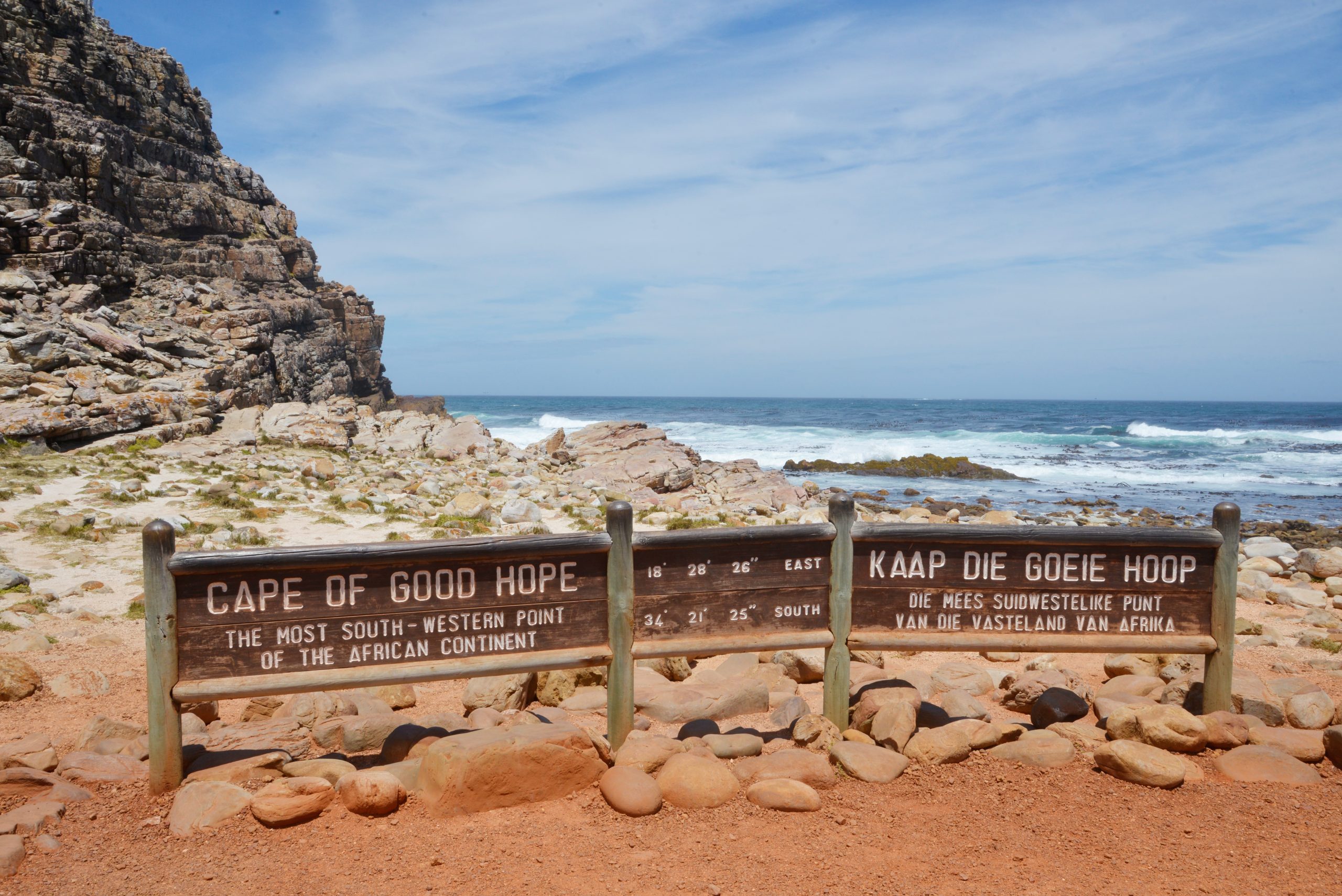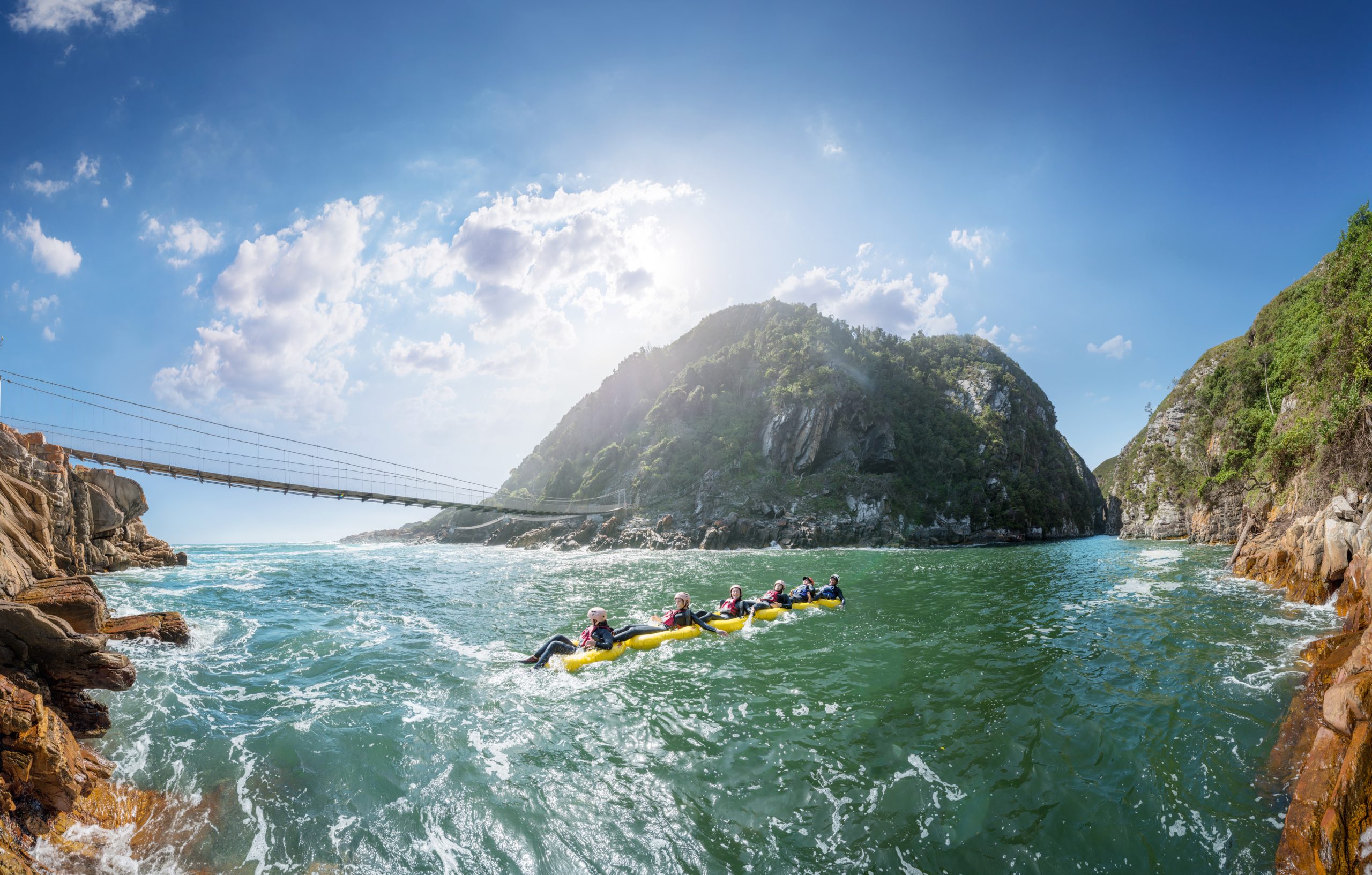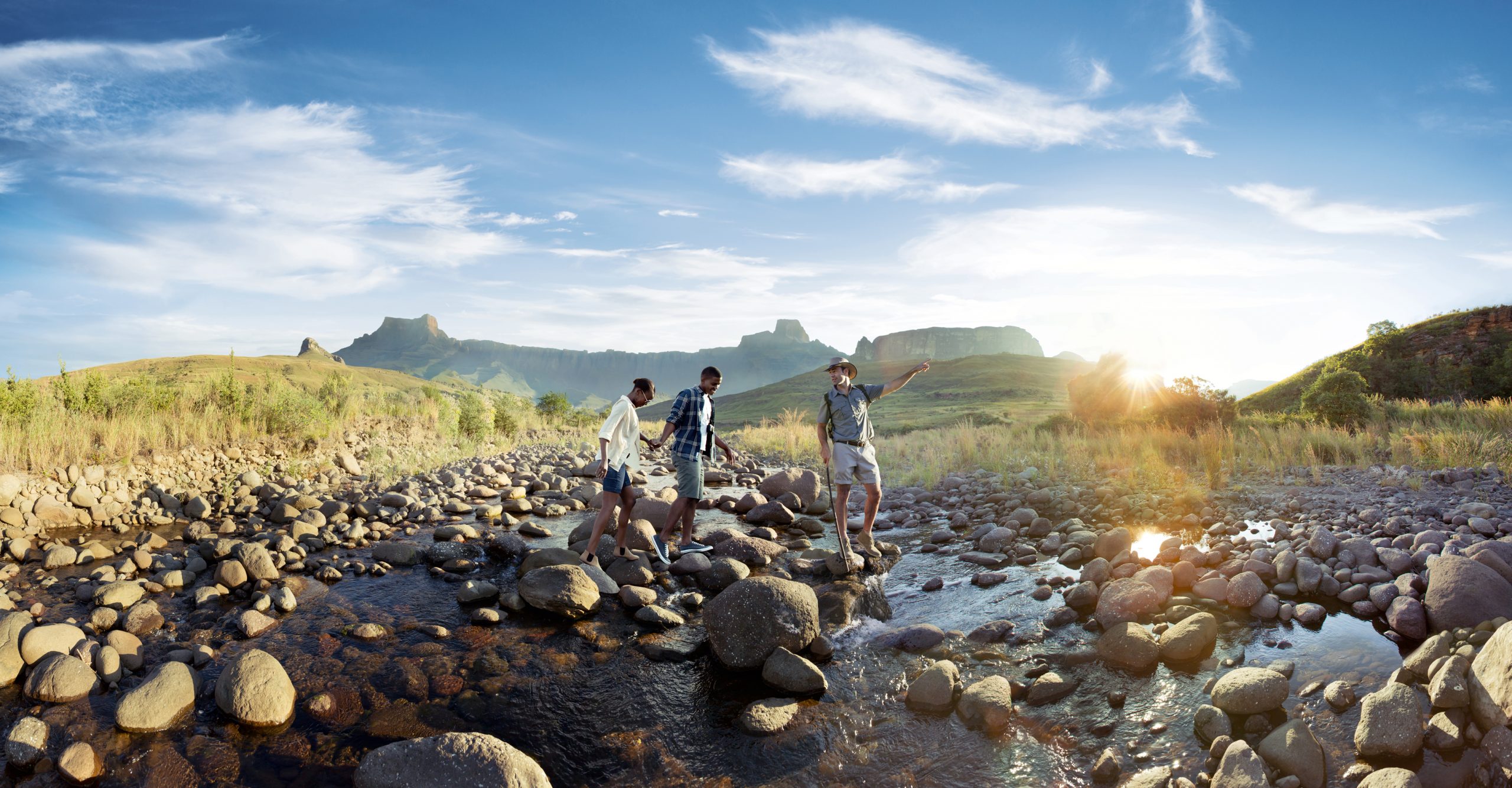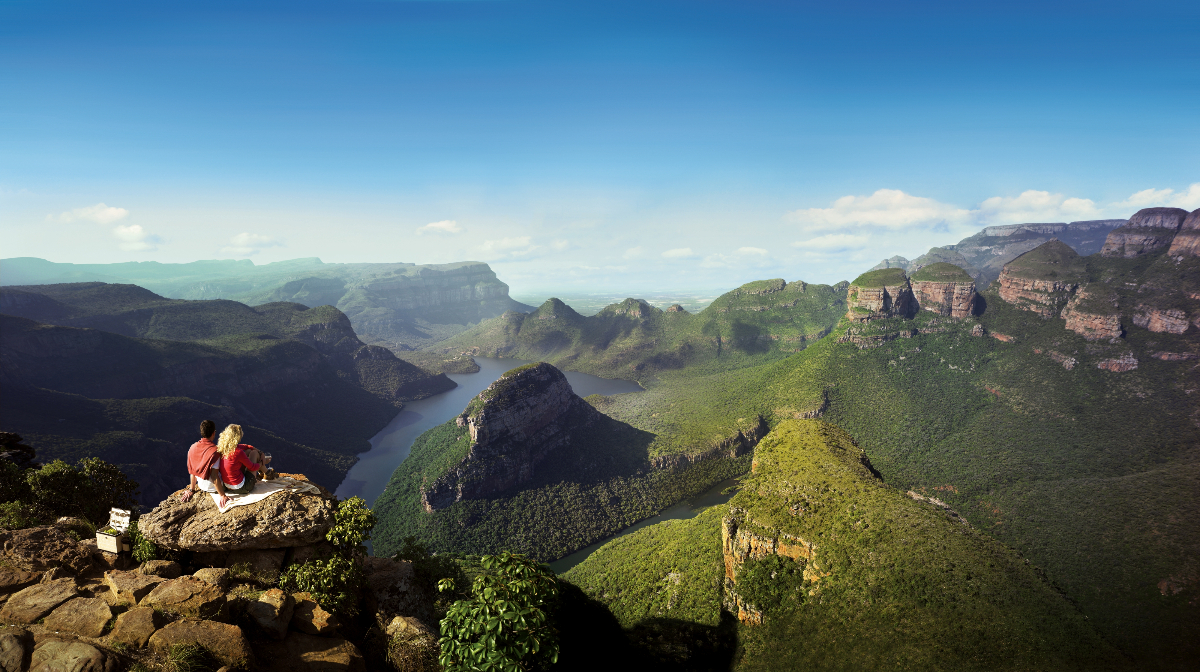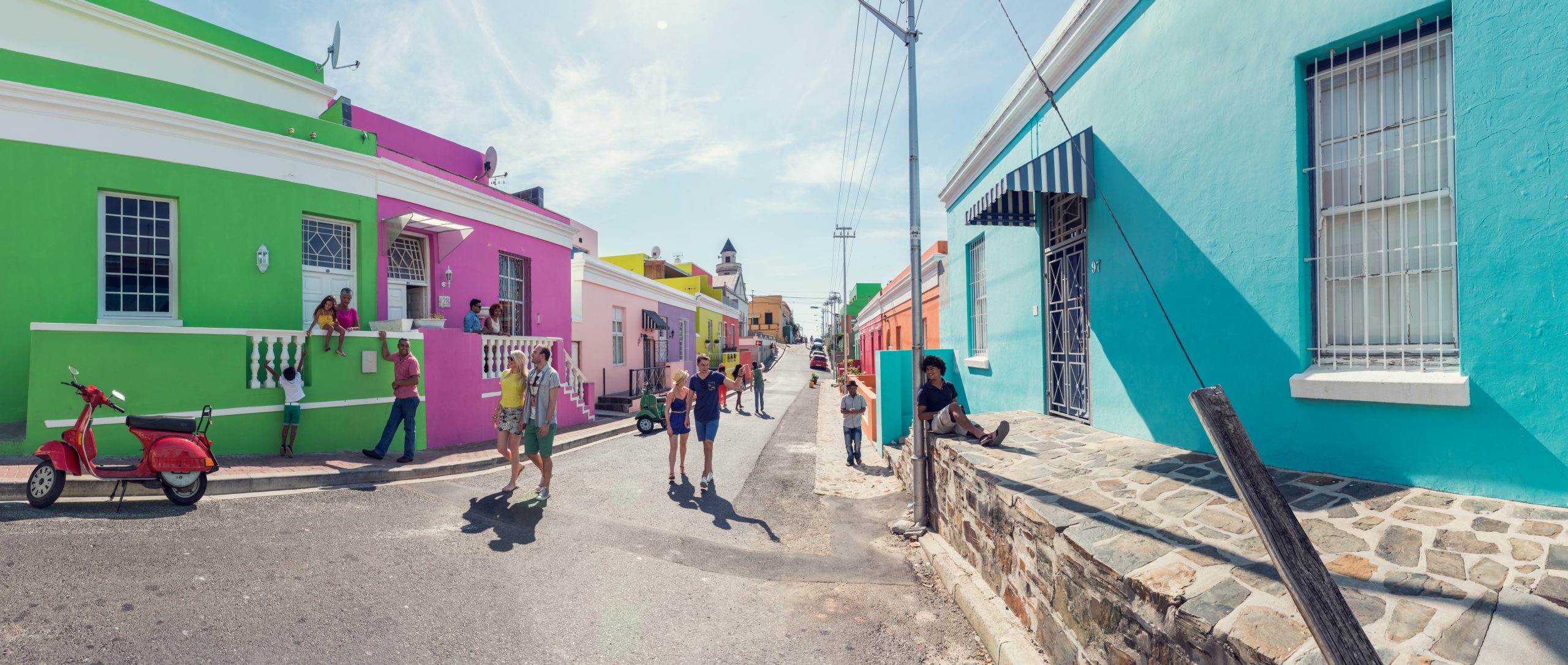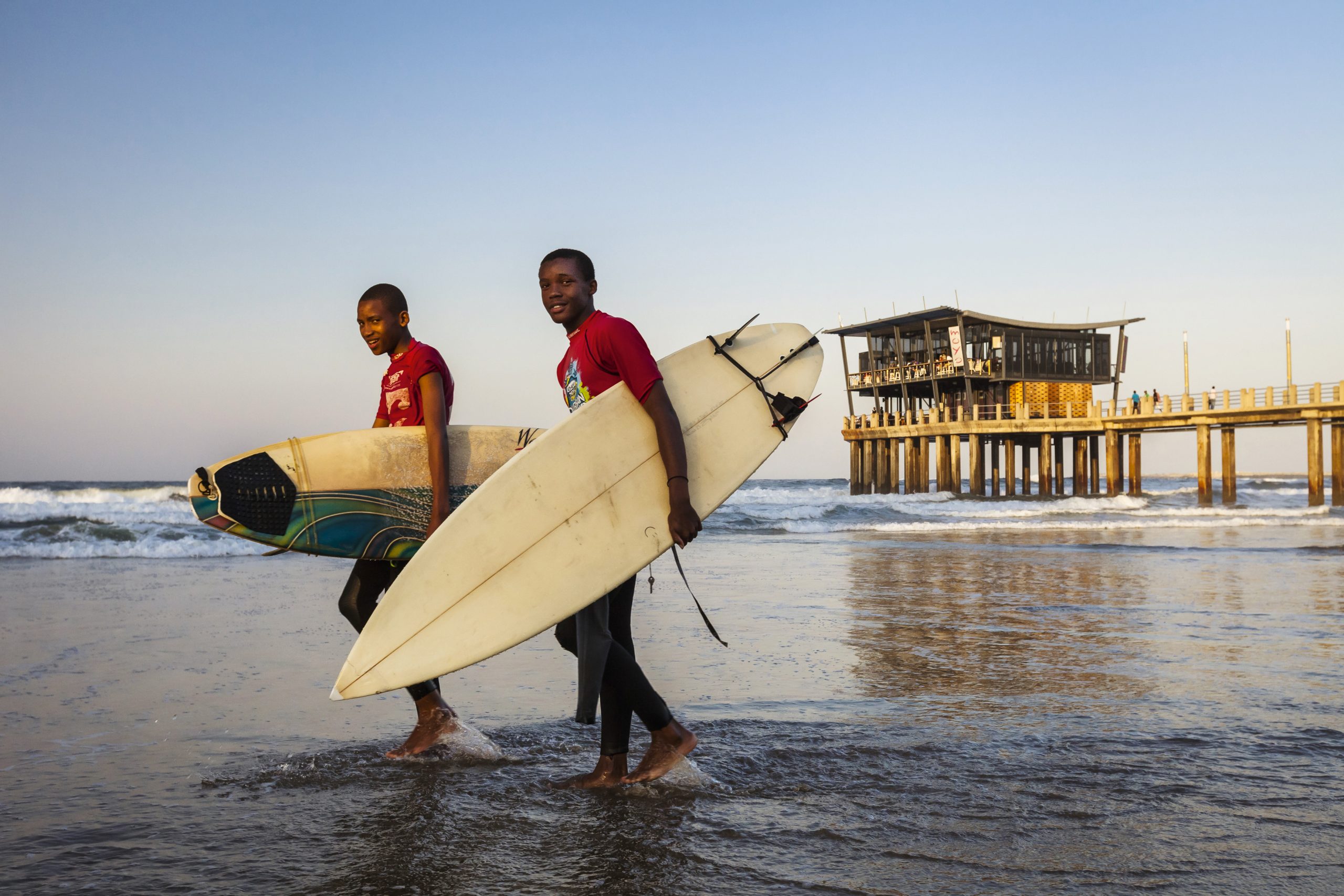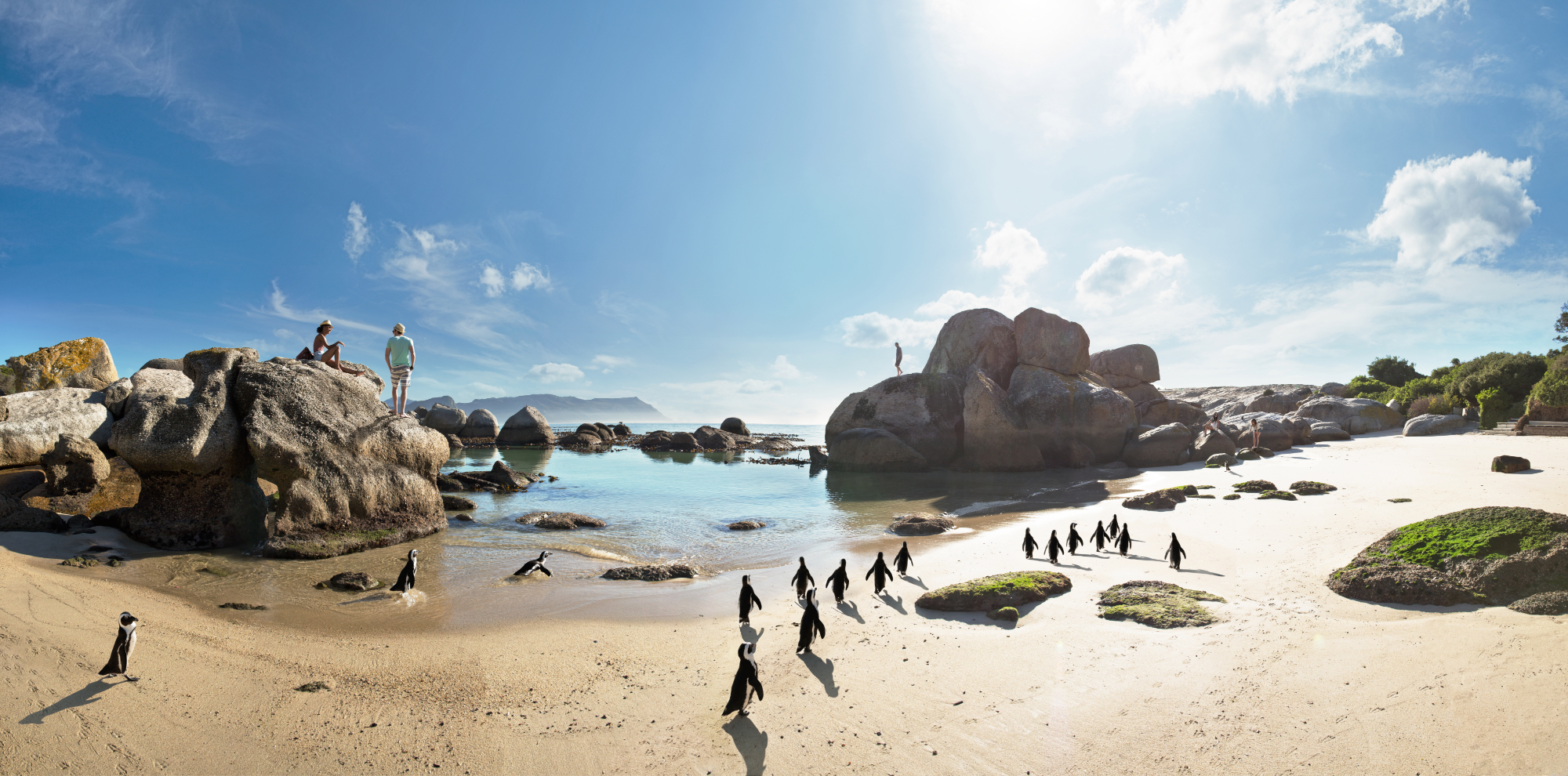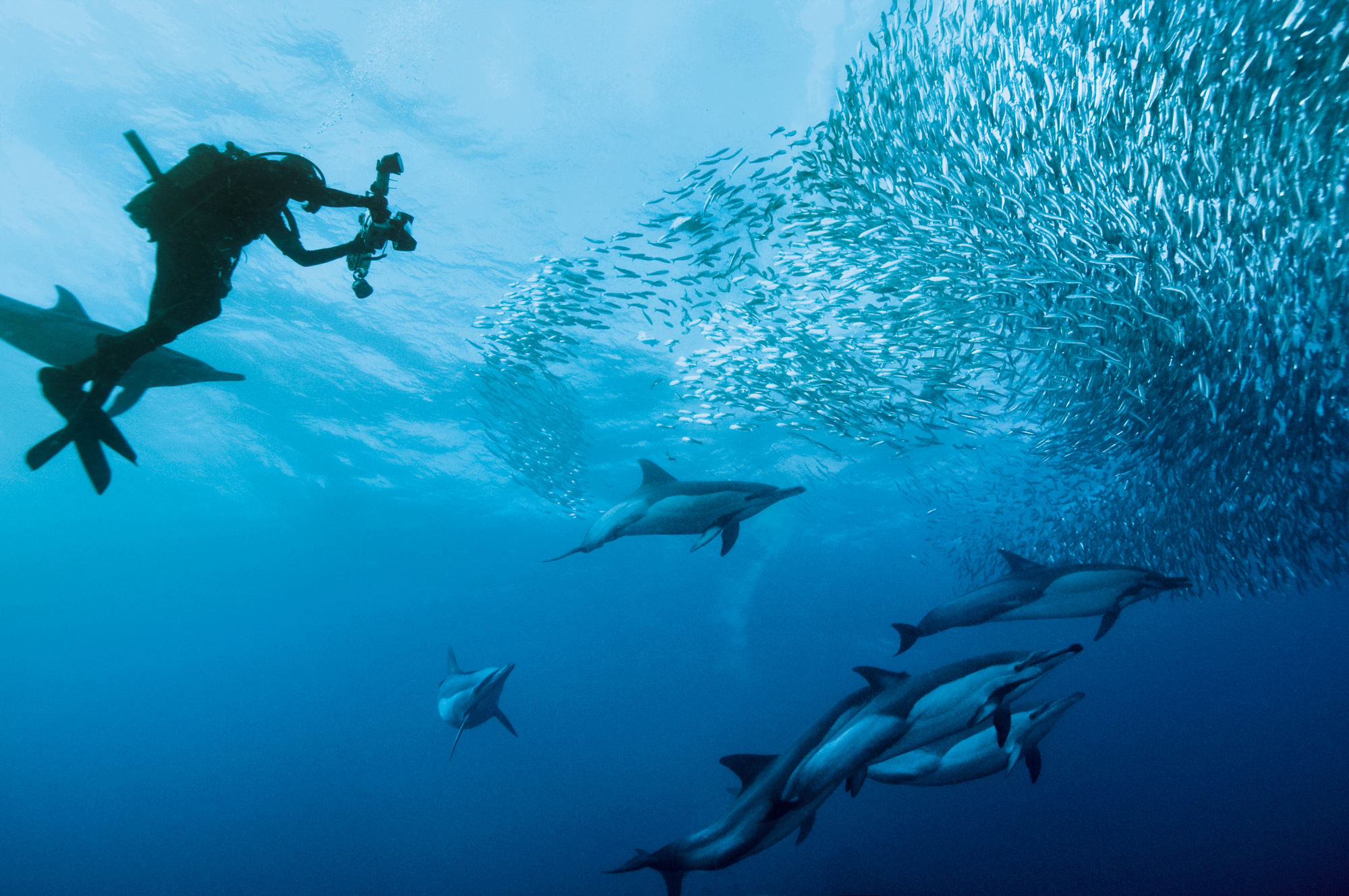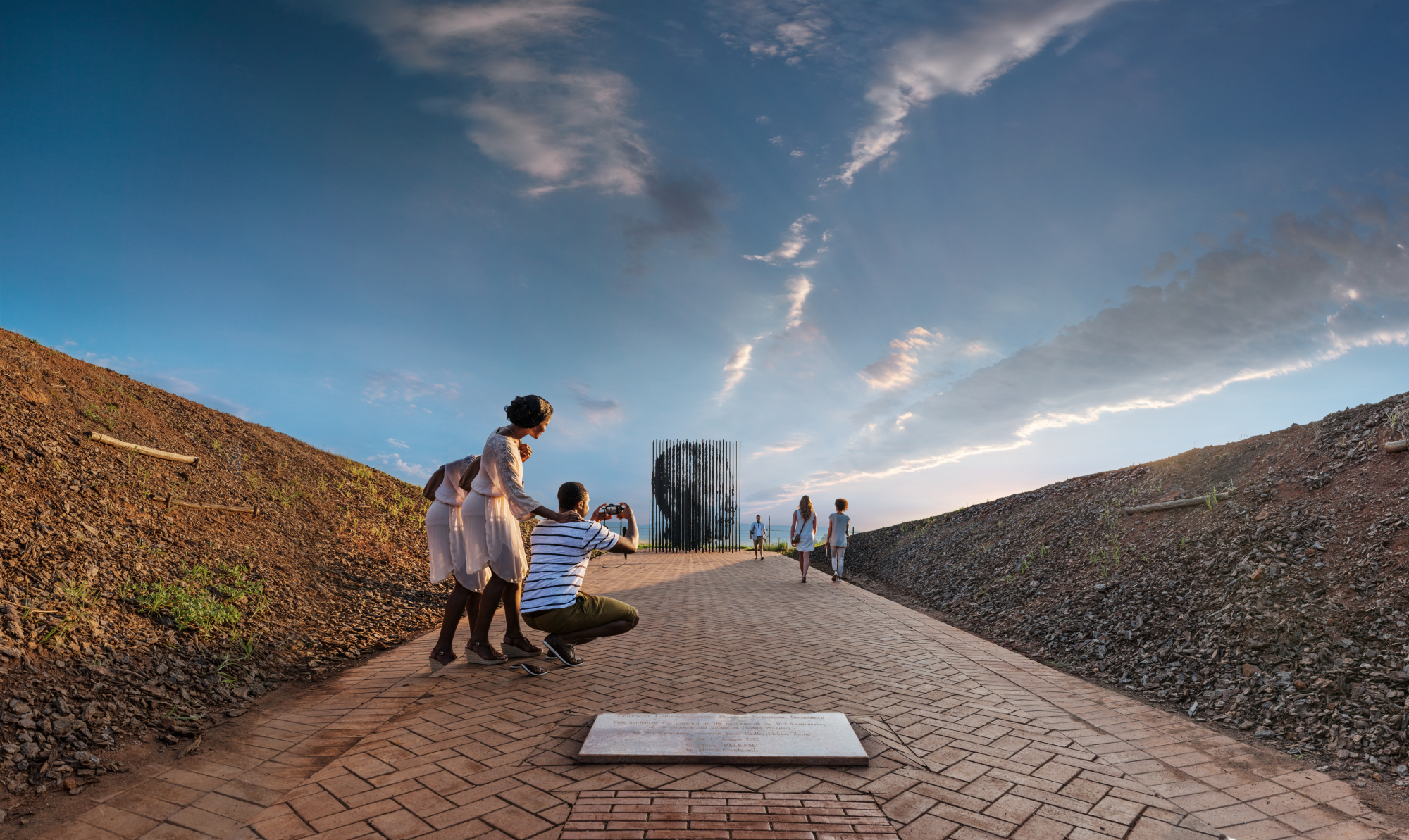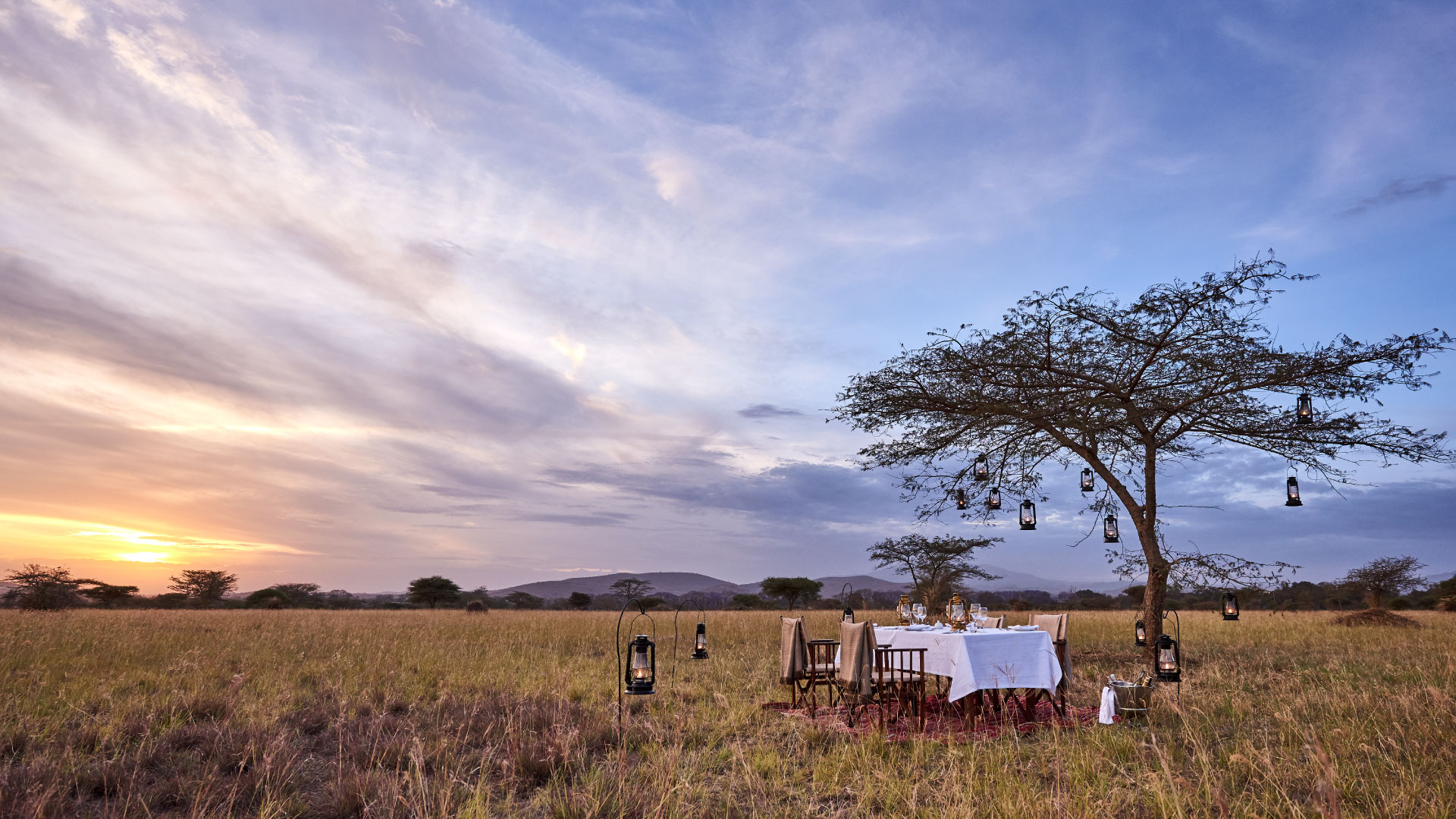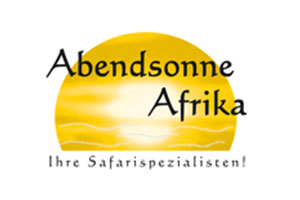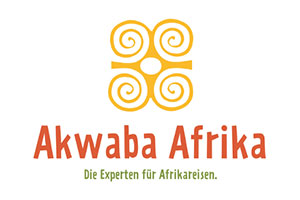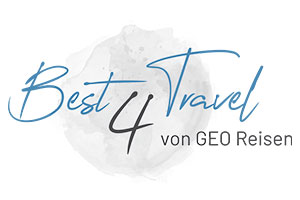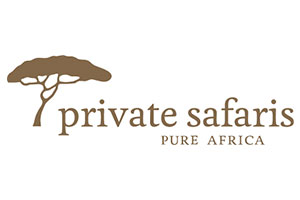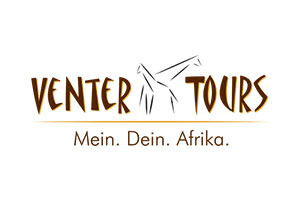South Africa
Travel tips for South Africa
Top 5 Experiences
South Africa is wild and adventurous, traditional and trendy. The country at the Cape offers a diversity like hardly any other country: dreamlike beaches, vibrant cities, the Big Five, deserts, vineyards and unforgettable encounters with the many cultures in the country. Highlights include:
:

Cape Town
South Africa’s third largest city is known for its casual lifestyle, diverse cuisine and impressive natural scenery. Almost every path in Cape Town eventually leads to the Table Mountain – The whole world raves about the view. Table Mountain, which towers majestically over Cape Town, is one of the seven natural wonders of the world. Taking the panoramic cable car up the 1,000 meters to the top, the metropolis, the sea and the Cape Peninsula are at one´s feet.

Safari
Experiencing this incredible wildlife in its natural environment up close and with all your senses is breath-taking like nothing else. Kruger National Park is the flagship of South Africa’s national parks: with almost 20,000 km² South Africa’s largest game reserve is as big as Slovenia. And Kruger Park breaks records in other ways, too: 150 species of mammals, 114 species of reptiles and over 500 species of birds live here. It is home to the Big Five – lion, elephant, rhino, buffalo and leopard. Worldwide, it is considered the region with the greatest biodiversity.

Garden Route
South Africa’s most popular tourist route is considered one of the most beautiful stretches of coastline in the world. Located in the southern part of South Africa, the nearly 300 km long Garden Route stretches from the small coastal town of Mossel Bay in the west to Storms River Village in the east. Nestled between the Indian Ocean and the Outeniqua and Tsitsikamma Mountains, the route offers a scenic diversity of ancient rainforests, crystal clear lakes, secluded sandy beaches and lagoons. Small coastal towns like Knysna, Plettenberg Bay and Nature’s Valley offer tourists numerous opportunities to actively discover the region.

Cultural Heritage
The origins of mankind lie in South Africa. The Ndebele woman in Limpopo opens the doors to her colourfully painted hut, the Afrikaans-speaking vintner invites into his wine cellar and the inhabitants of the townships tell their story in the Shebeen. Nelson Mandela is the father of the Rainbow Nation, in Soweto one can visit his former home. Back to the origins of human history leads the Cradle of Humankind, one of the eight World Heritage Sites in South Africa.

Beaches
Miles of sandy beaches, hip boardwalks and wild coastlines – South Africa’s beaches are as diverse as the country itself. Some 3,000 km of coastline and year-round mild weather make the rainbow nation the perfect destination for those who love the sea. From the Cape region, where the Atlantic meets the Indian Ocean, along the Garden Route with partly rugged coasts to the subtropical beaches in green KwaZulu-Natal – every part of South Africa’s coast has its own special feature.
Tourist infrastructure
With its scenic beauty and well-developed infrastructure throughout the country, South Africa offers ideal conditions for a self-drive with a rental car. All major car rental companies have branches at South Africa’s airports so that visitors can start their round trip directly after arrival. This requires the presentation of an international driver’s license. The road conditions of the national and toll roads in the country as well as along the Garden Route are very good. In rural areas as well as in the national parks one will mostly find gravel and unpaved roads. Since South Africa is only one night flight away from Central Europe, the experience begins without any jet lag.
The selection of accommodations in South Africa is huge! It ranges from renowned hotels and lodges to Bed & Breakfasts and hostels. The price-performance ratio is excellent, so it is possible to treat oneself with a little more luxury. In South Africa, hotels, lodges, guesthouses, hostels and other accommodations can be officially classified. This offers tourists a better overview when choosing an accommodation, because the quality and value for money of these providers have been officially tested.
Climate and travel season
South Africa is a year-round destination – here one can experience (almost) everything at any time. And yet every single season offers its own special charm.
Between December and February it gets really warm everywhere in South Africa and also the South Africans enjoy their vacation season. From mid-December on, one can hear Christmas carols on the beach and admire the sometimes very unique Christmas decorations on cacti.
The South African spring (September to November) and autumn (March to April) are considered the preferred travel times for all outdoor lovers. This is because temperatures are pleasantly warm on the Cape Peninsula, the Garden Route, the Eastern Cape and the subtropical coast above Durban, and the likelihood of rain drops.
South Africa’s Green Season runs from May to September. In the South African provinces of Limpopo, Northern Cape, KwaZulu-Natal, Mpumalanga, Freestate and North West, temperatures often reach over 25°, with only the nights getting much cooler, averaging in the single digits. With the dry season upon us, it is the perfect weather for wildlife viewing and outdoor activities. In the Western and Eastern Cape, there is a greater chance of rain and temperatures can also become more autumn-like here.
Visa and entry
Germans, Austrians and Swiss do not need a visa to enter South Africa. Upon arrival, travellers receive a so-called „visitor’s visa“, which is usually valid for a maximum of 90 days. The machine-readable passport must be valid on arrival for at least 30 days after departure and contain at least two free pages for endorsements. A temporary machine-readable passport with the same validity and two free pages is also accepted.
Since the regulations can change at any time, all information are non-binding and without guarantee. Please observe the visa regulations and the current information of the Federal Foreign Office / Federal Ministry European and International Affairs / Federal Department of Foreign Affaires at all times.
Impressions from South Africa
(Click to enlarge)
Stories
Voice4Africa x ReThinking Africa News – März
KLEBER Group x ReThinking Africa News März 2024 Inhalt Vorwort Investitionen in Afrikas Tourismusindustrie als Motor für nachhaltige Entwicklung Afrikanische ...
African Countries Invest in Sustainable Tourism Development
Focus On Environmental Protection and Local Value Creation Frankfurt, March 01, 2024 - When developing new tourism projects, established and ...
Afrikanische Staaten investieren in nachhaltige Tourismusentwicklung
Umweltschutz und lokale Wertschöpfung im Fokus Frankfurt, 01. März 2024. Bei der Erschließung neuer Tourismusprojekte setzen etablierte und aufstrebende afrikanische Destinationen ...
Our partners for South Africa
Visa, Entry, and Updates
Current accessibility
Corona precautionary measures
Status: 05.10.2021


